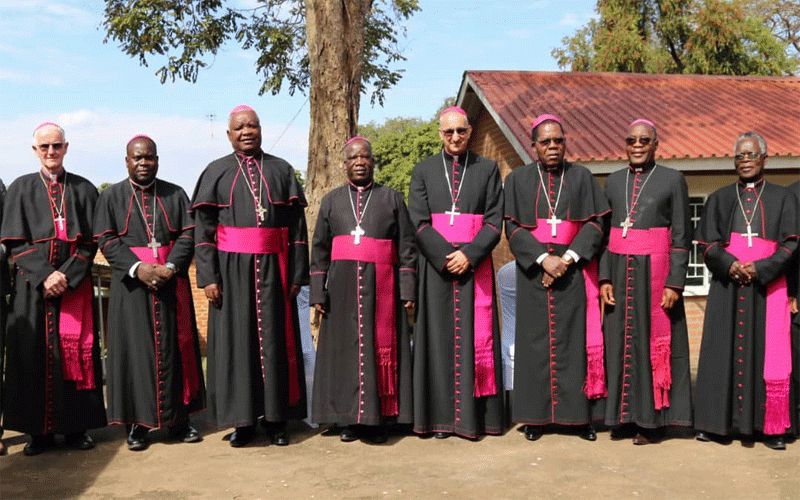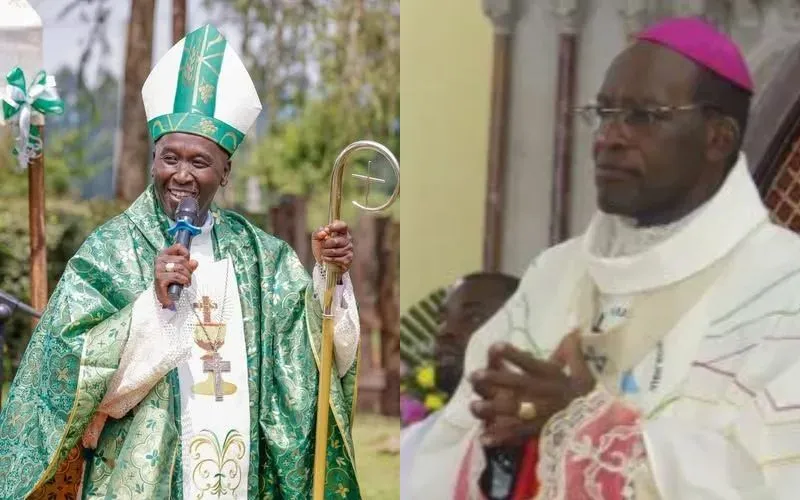Blantyre, 06 August, 2020 / 8:25 pm (ACI Africa).
Catholic Bishops in Malawi have lauded the efforts by the country’s new government in the fight against corruption saying moves to curb the vice in the Southeastern African nation by previous regimes were “insincere.”
In the statement authored by officials of the Catholic Commission for Justice and Peace (CCJP), the Bishops acknowledge, in reference to the new national leadership, “the conspicuously positive and forward-looking actions by the Government to fight corruption.”
“It is the observation of CCJP that, generally, the fight against corruption has been insincere. This is why we closely and critically note the desirable and practical steps that have been recently taken by the Government to fight the vice,” members of the Episcopal Conference of Malawi (ECM) say in the Wednesday, August 5 statement obtained by ACI Africa.
They add, “The dissolution of the boards of parastatals; the reformist approach to handling Government business in ministries, departments, agencies and local councils point to a renewed and rejuvenated way of fighting corruption.”
“However, CCJP is of the view that beyond the arrest of suspected people, the Government must ensure that more efforts are put in place to prevent corruption through strengthening existing systems aimed at combating the vice,” the Bishops say in their statement issued through CCJP, the governance and advocacy arm of their Conference.








